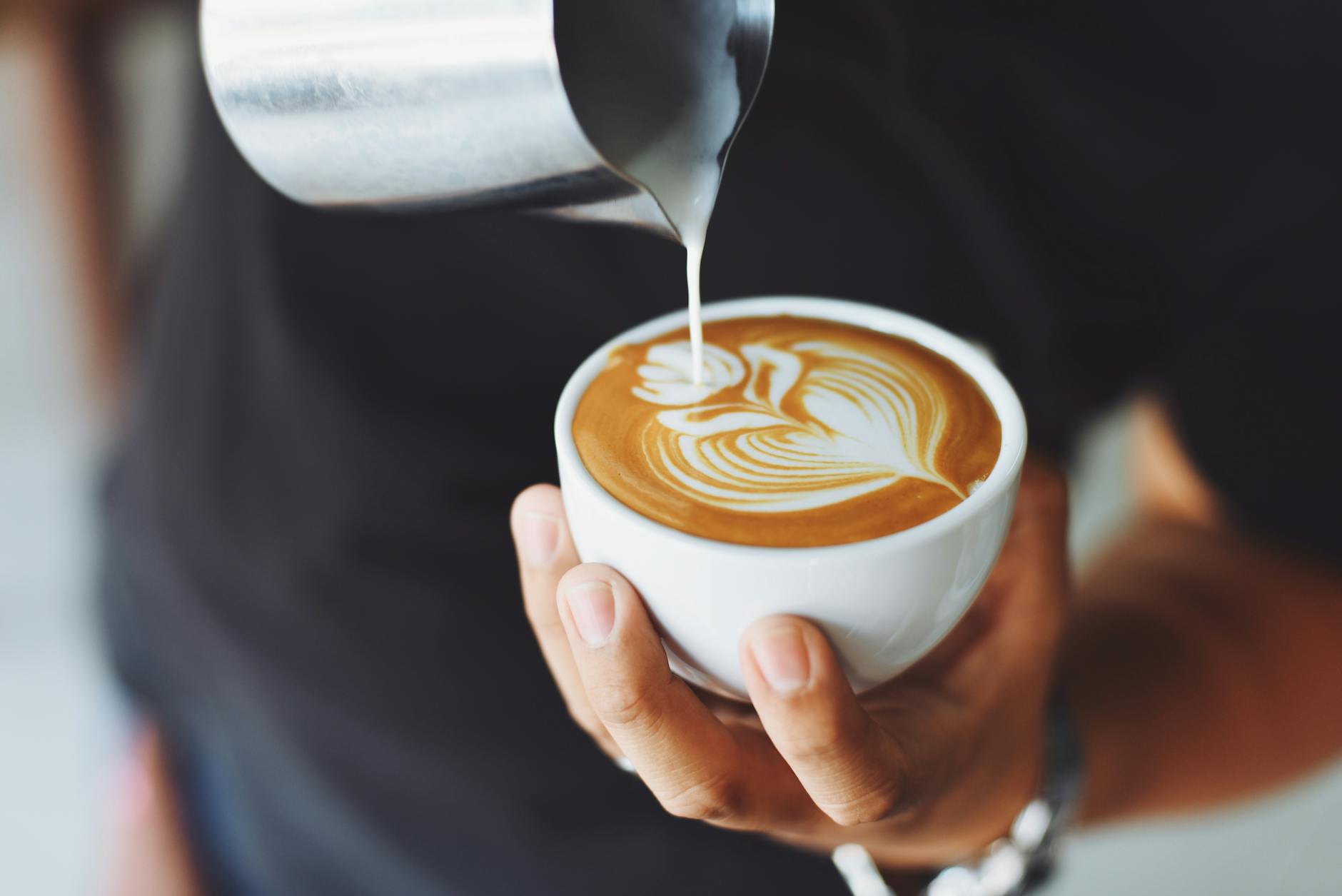
Are you concerned about whether decaf coffee can lead to dehydration? The debate over this topic has sparked conflicting opinions, leaving many uncertain about the effects of their beloved morning brew. In the world of hydration, does decaf coffee hold the same reputation as its caffeinated counterpart? Let’s delve into the facts to uncover the truth behind this widely discussed issue.
Despite common misconceptions, recent insights suggest that decaf coffee might not be the dehydrating villain it’s often portrayed to be. Some studies indicate that decaf coffee could be more hydrating than previously assumed. So, does your favorite cup of decaf really sabotage your hydration goals, or is it possible that it offers a refreshing sip without the dehydration concerns tied to regular coffee?
By exploring the nuances of decaf coffee and its impact on hydration, we aim to provide clarity on this matter. Understanding the science behind hydration and the role of decaf coffee in this equation can help you make informed choices about your daily caffeine intake. Let’s unravel the myths and truths surrounding decaf coffee’s hydrating properties, steering you toward a more informed coffee-drinking experience.
Understanding Dehydration and Decaf Coffee
Dehydration occurs when your body loses more fluids than it takes in, leading to an imbalance that can have adverse effects on overall health. Decaf coffee, a popular alternative to regular coffee, has been a subject of debate regarding its hydrating properties.
Debunking the Myth
Contrary to common belief, decaf coffee does not dehydrate the body. Scientific studies and expert opinions support the claim that decaf coffee is not inherently dehydrating. In fact, moderate consumption of decaf coffee can contribute to the daily fluid intake without causing dehydration. It’s essential to differentiate between the diuretic effects of caffeine and the actual dehydration caused by inadequate fluid intake.
Diuretic Properties of Caffeine
Caffeine, present in both regular and decaf coffee, is known for its diuretic properties. This means it can increase urine production in the body. The misconception that decaf coffee dehydrates might stem from the diuretic effects of caffeine. While caffeine can have a mild diuretic effect, it doesn’t necessarily lead to dehydration when consumed in moderation. Studies have shown that the diuretic impact of caffeine is more significant in high doses, which are typically not found in moderate decaf coffee consumption.
Utilizing decaf coffee as a part of your daily routine can be a hydrating choice, especially when paired with an adequate intake of water throughout the day. Understanding the nuances between dehydration and the diuretic effects of caffeine can help debunk myths surrounding the hydrating properties of decaf coffee.

Decaf Coffee vs. Hydration
Decaf coffee, often debated for its effects on hydration, has been a topic of interest for many. Studies have shown interesting findings that debunk the myth of decaf coffee being dehydrating. In moderate consumption, decaf coffee can actually be as hydrating as water, providing a refreshing option for those looking to mix up their hydration routine.
Hydrating Qualities of Decaf Coffee
Research has indicated that decaf coffee can contribute to hydration levels similar to water. Contrary to common beliefs, decaf coffee does not have a significant diuretic effect that leads to dehydration. Moderation is key, and enjoying a cup of decaf coffee can add to your overall daily fluid intake without causing dehydration. So, feel free to savor that decaf brew without worrying about its hydrating properties.
Expert Opinions and Recommendations
Nutritionists and health professionals share insights on the hydrating benefits of decaf coffee. They often suggest that including decaf coffee in a well-rounded hydration plan can be beneficial. Adding variety to your beverages can make staying hydrated more enjoyable and sustainable. By incorporating decaf coffee alongside water and other hydrating options, you can maintain proper hydration levels throughout the day.
 Photo by Alina Rossoshanska
Photo by Alina Rossoshanska
Practical Implications and Conclusion
Decaf coffee is a popular choice for individuals who want to enjoy the taste of coffee without the caffeine content. When it comes to the hydration aspect, practical implications need to be considered to make informed decisions.
Hydration Strategy with Decaf Coffee
Incorporating decaf coffee into your hydration strategy can be beneficial. While caffeine is known to have a mild diuretic effect, studies suggest that moderate consumption of decaf coffee may not significantly contribute to dehydration. It’s essential to balance your fluid intake throughout the day by including water-rich foods and beverages in your diet.
Debunking Misconceptions
It’s crucial to debunk the misconception that all types of coffee lead to dehydration. Understanding the difference between regular coffee and decaf coffee in terms of their impact on hydration can help individuals make informed choices that align with their health goals.
Conclusion
In conclusion, while caffeine in regular coffee may have a slight diuretic effect, opting for decaf coffee can be a hydrating choice when consumed in moderation. By incorporating decaf coffee into your daily routine alongside adequate water intake, you can enjoy the flavor of coffee without compromising your hydration goals. It’s important to consider individual preferences and overall dietary patterns when making decisions about beverage consumption for optimal hydration.
 Photo by Chevanon Photography
Photo by Chevanon Photography